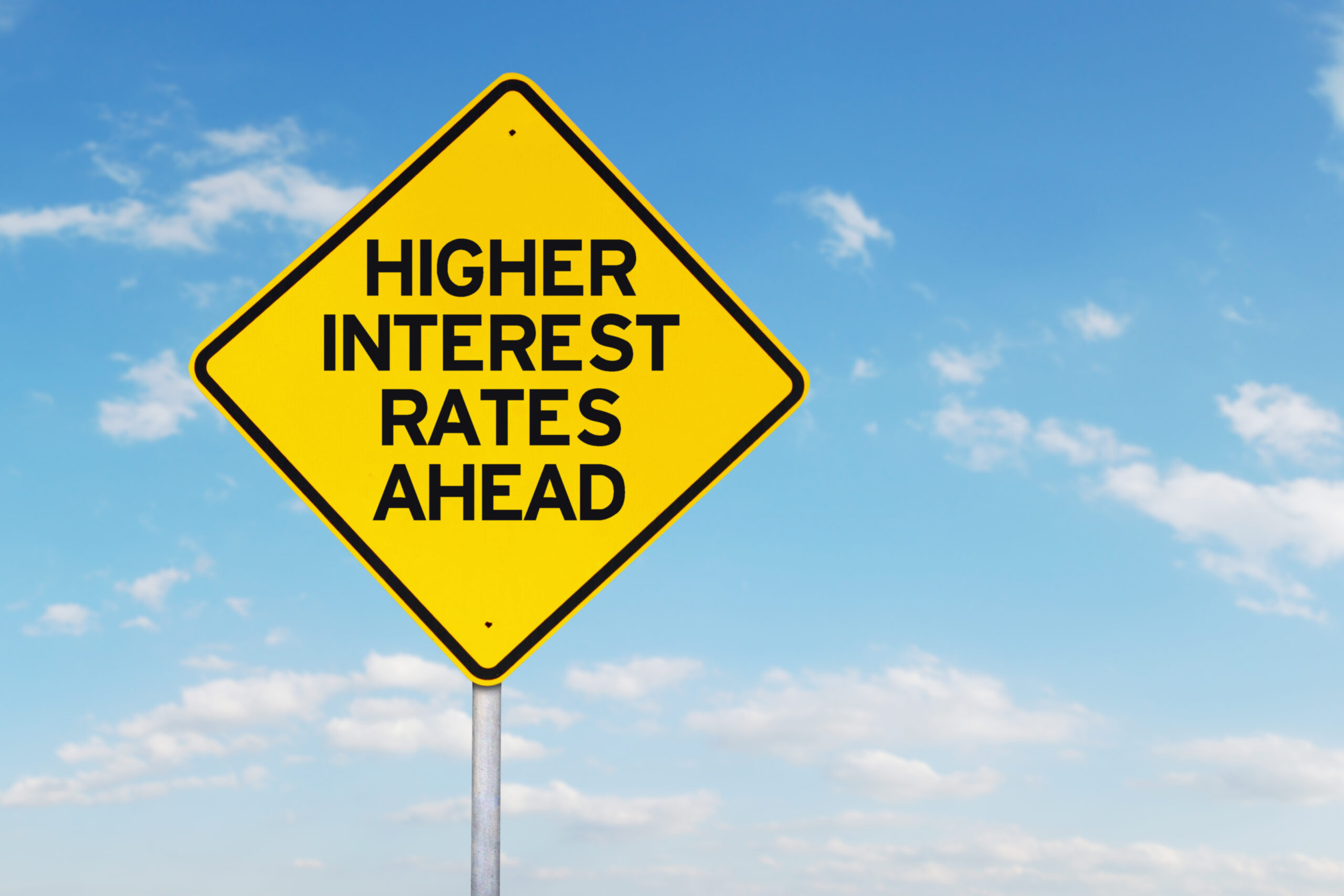Holiday Hangover: Credit Card Rates Are About to Rise
Credit ScoreRentReporters
December 30, 2016
6 mins read

The holidays often prompt consumers to rack up charges on their credit cards, leading to a January debt hangover. While that can be troublesome enough, carrying that debt is about to grow costlier.
The Federal Reserve’s December decision to boost interest rates by one-quarter of a percentage point will translate into higher credit card interest rates within the next two billing cycles, says CreditCards.com senior industry analyst Matt Schulz. Consumers will see their credit card rates inch up by the same amount as the Fed’s increase, he notes.
Although the rate increase may not be noticeable to many consumers, Schulz says it should sound the alarm to those Americans who maintain a balance on their cards. About 4 out of 10 borrowers keep a balance, and about 3 out of 10 pay off their bills each month, according to the American Bankers Association. The remaining credit cards are considered dormant.
Card Issuers Don’t Have to Notify You
Because the Federal Reserve has penciled in three additional rate hikes in 2017, interest rates could be as much as 1 percentage point higher within a year. Even the Fed’s December rate hike could prove to be a burden for some consumers. Credit reporting agency TransUnion is predicting that 9.3 million consumers may not have the financial footing to absorb the increased borrowing costs.
Another potential pitfall: Borrowers won’t receive a heads-up from their credit card issuer about the higher rate. The 2009 Credit Card Act doesn’t require lenders to notify borrowers about rate increases due to a higher prime rate, which is the interest rate charged by banks. (The prime rate is based on the Fed’s rate.)
“People do need to be prepared for what those extra rate hikes could mean, because if you do carry a balance, and they do raise it two or three times over the next year, it can have a real impact on what you owe,” Schulz says. “It really is yet another reason why it’s so important to pay your credit card debt off as soon as you possibly can.”
Paying off credit card debt may prove to be a tough task for some consumers. Households with credit card debt carry an average balance of $9,600, which could take the typical middle-class family months to pay down. Every quarter-point increase in the interest rate will add $25 in borrowing costs per $1,000.
Do you carry a balance on your credit cards?
What You Can Do
Here are some steps to limit the impact of higher interest rates:
- Start paying down any credit card debt.Borrowers who have the financial flexibility to pay down their credit card balances should do so before the higher rates take effect.
For those families that can’t, there are still options. Schulz recommends investigating balance transfer cards, such as Citibank’s Simplicity, which has a 0 percent introductory annual percentage rate on balances and transfers for 21 months.
There’s one significant downside to balance transfer cards: They typically charge a fee of 3 percent to 5 percent of the amount that customers are transferring. For instance, the typical family with a credit card balance of $9,600 could pay as much as $480 to transfer the balance. Whether the cost is outweighed by the benefits should be part of any borrower’s decision.
A good idea: Look for special no-fee offers on balance-transfer cards.
- Pay careful attention to a card’s rate before signing up. Consumers who are searching for a new credit card should pay careful attention to the card’s interest rate, especially if they tend to carry balances. Many credit-card companies are offering tempting sign-up bonuses and introductory APRs, but read through all the fine print before signing up.
“The most important thing to think about is how you are going to use it and what you want to get from it, because that’s really the only way to get the most out of the credit card,” Schulz says. Part of the discussion, he adds, is understanding if you are someone who will carry a balance. “If not, then the interest rate is less of an issue.”
3. Consider getting a charge card instead. A charge card, unlike a credit card, requires you to pay the total balance every month, so you won’t be tempted to rack up debt.


